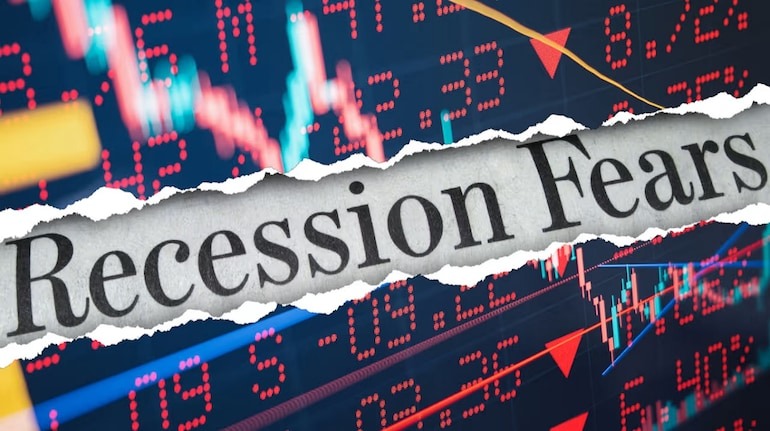
The latest economic data from the US is pointing towards a recession. A recession in the US may gradually become a reality in the near future. This also explains the decline in US stocks. Since the beginning of August, the fear of recession in the US has started increasing steadily. Although the US stock market has managed to recover from the previous decline related to employment data, there are still major issues in the market that are working against the economy and the possibility of a recession in the US.
The risk of recession is rising
Economic data is pointing towards a decline in major stock markets. Premium assets like S&P 500 are also falling. IT stocks have not seen any rise for a long time. Based on economic data, the risk of recession is increasing continuously and American traders are expecting a cut in interest rates. Employment data was released in the US last Friday. These figures once again affected the stock market. The US stock market was in the recovery phase earlier, but at this time things look uncertain. If the stock market falls in the next few weeks, then the effect of the beginning of recession can be easily seen. There will be a big decline in the valuation of many companies.
Last week was the worst in 18 months
Wall Street once again saw a huge decline on Friday. The much-awaited update on the US job market came in quite weak. In such a situation, tech stocks, which had jumped high earlier, suffered again. This has increased concerns about the economy. The S&P 500 fell 1.7 percent and had its worst week since March 2023. Broadcom, Nvidia and other tech companies dragged the market down as the boom around AI overtook their prices, causing the Nasdaq Composite to fall 2.6 percent. The Dow Jones Industrial Average fell 410 points, or 1 percent, erasing a morning gain of 250 points.
The bond market is also volatile
The bond market also saw sharp volatility after the jobs report, where Treasury yields fell, then recovered and then fell again. The report showed that US employers hired fewer workers in August than economists expected. It is billed as the most important employment report of the year and marks the second consecutive month that hiring was lower than forecast. It followed recent reports showing weakness in manufacturing and many other sectors of the economy.
 look news india
look news india